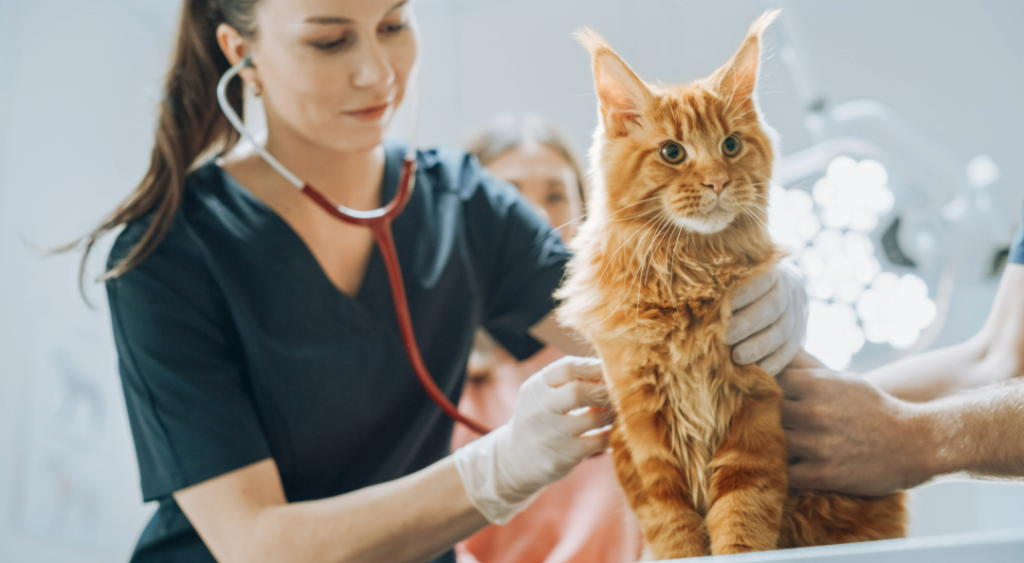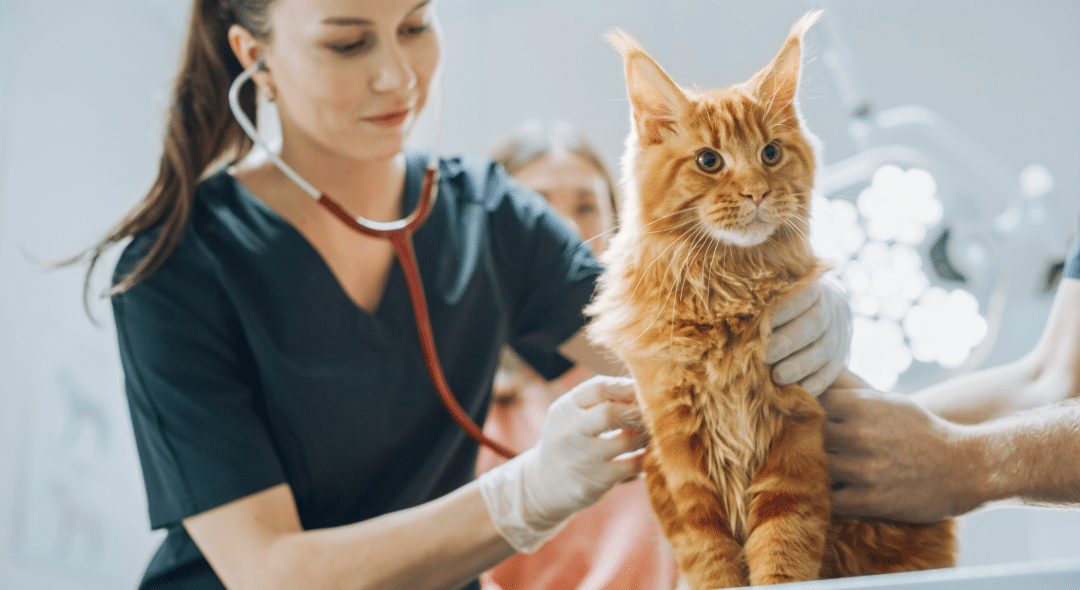
Dealing with cat diarrhea can be distressing for any Maine Coon owner. However, there are safe and practical home remedies that can alleviate this issue before resorting to prescription medications. Understanding the underlying causes and employing appropriate remedies are crucial steps in ensuring your feline friend’s well-being.
Identifying the Causes of Cat Diarrhea:
Cat diarrhea can stem from various factors, including dietary changes, food intolerances, stress, parasites, bacterial infections, or underlying medical conditions. Recognizing the root cause is essential for implementing effective treatment strategies.
Defining Feline Diarrhea:
Feline diarrhea manifests as loose or watery stools, with consistency ranging from Tootsie Rolls to Hershey Syrup, depending on severity. Monitoring fecal texture, color, and odor can provide valuable insights into your cat’s digestive health.
Importance of Dietary Adjustments:
Gradual dietary transitions are crucial for preventing digestive upsets in cats. Slowly introduce new foods over several days, gradually increasing the proportion to minimize the risk of diarrhea. Observing your cat’s response and adjusting accordingly ensures a smooth transition to the new diet.
Safe Home Remedies for Cat Diarrhea:
- Probiotics: These supplements promote gut health by replenishing beneficial bacteria, reducing diarrhea episodes, and boosting the immune system.
- Organic Pumpkin: Rich in fiber, organic pumpkin aids digestion and can help firm up loose stools. Ensure it’s unsweetened and offer it as a treat or mixed with food.
- Slippery Elm: Derived from the Slippery Elm tree, this soothing supplement alleviates stress-related diarrhea and protects the digestive tract.
- High Fiber Food/Supplements: Fiber-rich diets or supplements absorb excess water in the intestines, promoting firmer stools and relieving diarrhea.
- Boiled Chicken and Rice: A bland diet of boiled chicken breast and white rice can help reset your cat’s digestive system and provide relief from diarrhea.
- Raw Diet: Some cats benefit from a raw protein diet, which can alleviate chronic diarrhea in certain cases. Ensure safe handling and consider reputable brands like VivaRaw.
When to Seek Veterinary Care:
Persistent diarrhea lasting more than two days despite home remedies warrants veterinary attention. Additionally, if diarrhea is accompanied by vomiting, lethargy, loss of appetite, or dehydration, prompt medical intervention is necessary. It’s crucial to monitor your cat’s symptoms closely and seek professional care when needed.
Preparing for the Veterinarian Visit:
Before visiting the vet, observe and document your cat’s symptoms, dietary habits, and any home remedies used. Bringing a stool sample for diagnostic testing and detailing your cat’s medical history can aid in accurate diagnosis and treatment.
Conclusion:
While home remedies can effectively manage mild cases of cat diarrhea, prompt veterinary care is essential for persistent or severe symptoms. Prioritize your Maine Coon’s health and well-being by addressing diarrhea promptly and seeking professional guidance when necessary. With appropriate care and attention, you can ensure your feline companion enjoys optimal digestive health and overall wellness.

